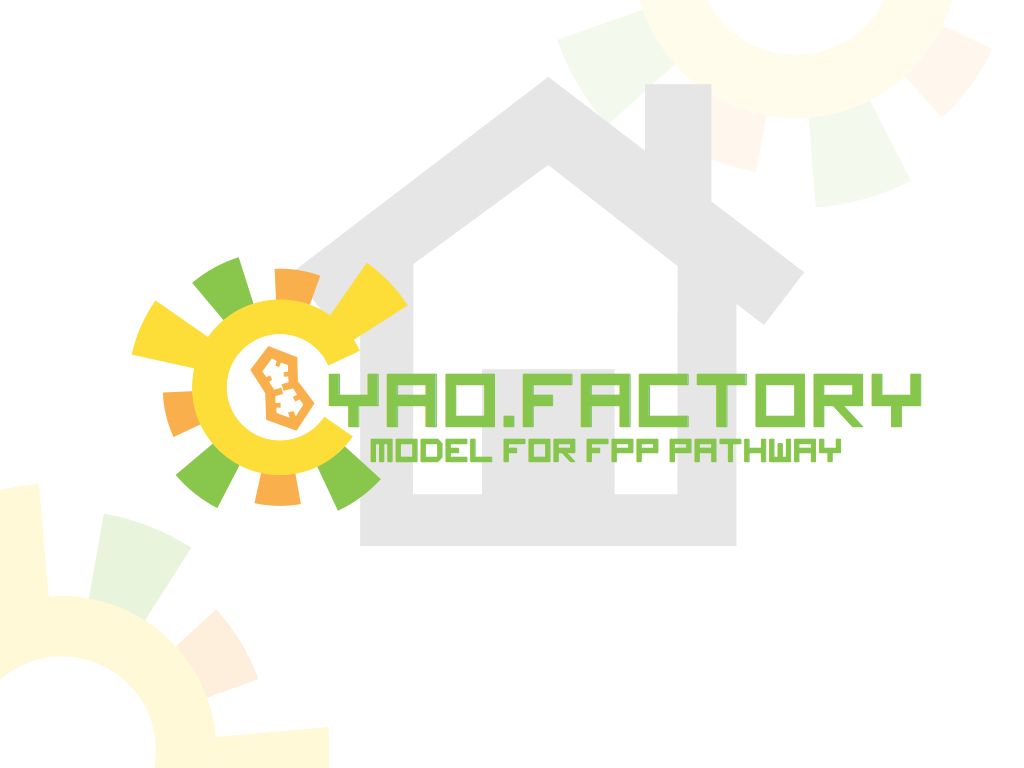Team:Shenzhen/Notebook/YAO.Factory
From 2012.igem.org
-
S
BioBricks
- Summary
- YAO.Genome
- YAO.Channel
- YAO.Sensor
- YAO.Suicider
-
p
Notebook
- Team History
- YAO.Genome
- YAO.Channel
- YAO.Sensor
- YAO.Suicider
- YAO.Factory
-
e
Practices

- Aug. 2nd - Aug.5th, 2012
- Aug. 6th - Aug. 13th
- Aug. 14th - Aug. 21th
Journal
Events:
- We first build a simple biochemical model for comparison of FPP production in cytoplasm and YAO based on the model for mevalonate pathway of British Columbia 2011 IGEM team.
- This model shows that our YAO is efficient. However, it is inaccurate. Many of the Michaelis-Menten equation need to be modified.
Contributors:
- Chao Feng
- Junjie Zhang
Events:
- We want to model the transport of proteins with signal peptide into YAO through our artificial transport system.
- We read papers about the mechanism of protein recognition and import of TOC system, and write equations for this process.(Reddick, Dynamics of the Toc GTPases: Modulation by Nucleotides and Transit Peptides Reveal a Mechanism for Chloroplast Protein Import) However, we can't find detail information about TIC system.
- Moreover, we found that the import of protein was mainly driven by HSP protein inside mitochondria or chloroplast, which already have mature mathmatical models.(J Mol Biol. 2001 Jan 19;305(3):643-56)
- We thus decide to compare the production of FPP in cytoplasm and YAO in a different way, i.e. to change the concentration of enzymes and see however the production will change.
Contributors:
- Chao Feng
Events:
- At first we want to model these reactions at equilibrium. However, Gibbs free energy for most of the reactions in mevalonate pathway is not available. We have to come back to Michaelis-Menten equation.
- We modify those Michaelis-Menten equation by searching for their kinetics in literature and parameters in database.
- We build the ODE system for this pathway and test the production of IPP, GPP and FPP in respond to changes in concentration of enzymes and ATP as well as NADPH.
-
Contributors:
- Chao Feng
- Xuefeng Luo
 "
"





























